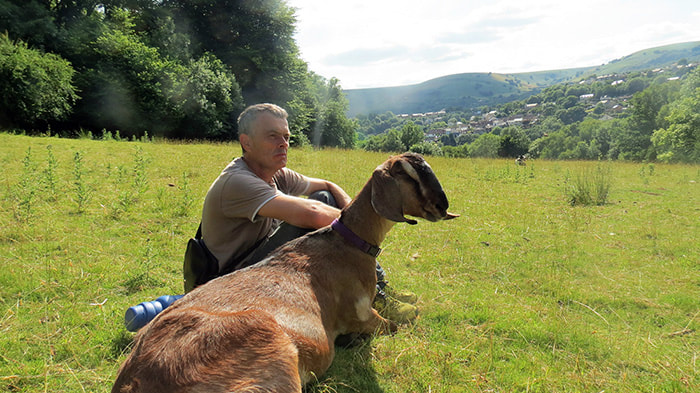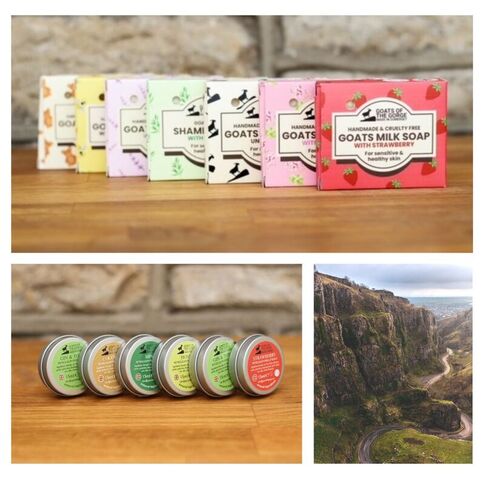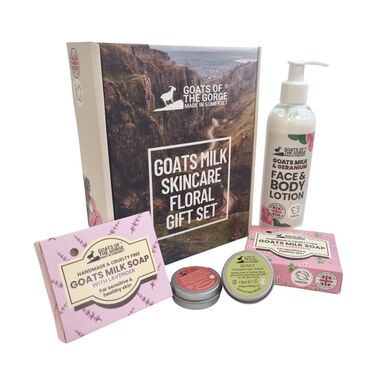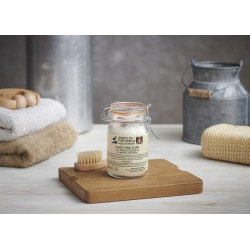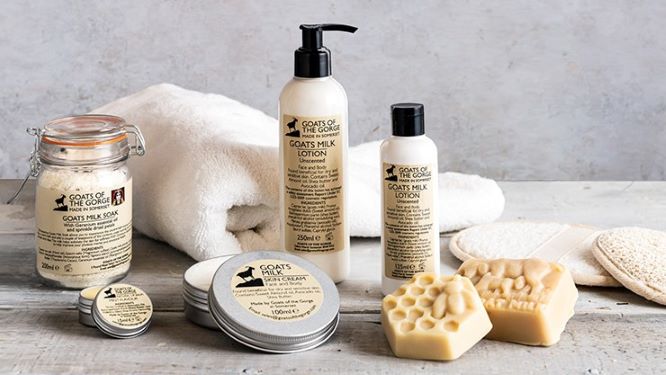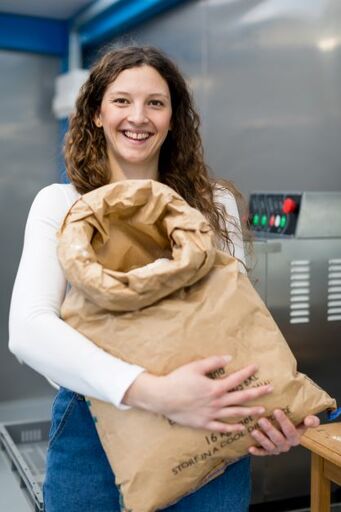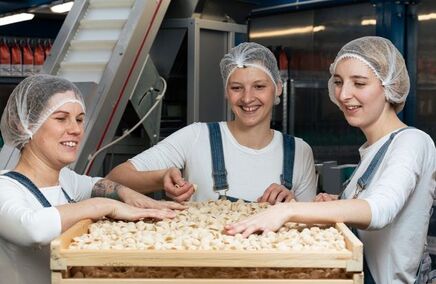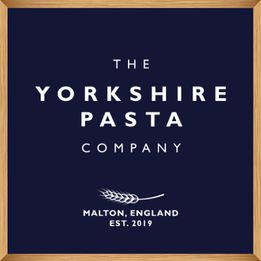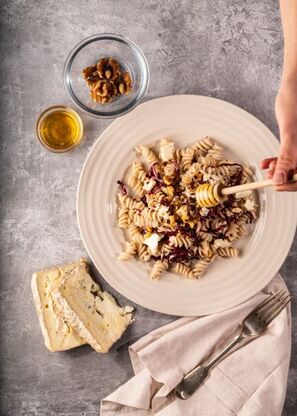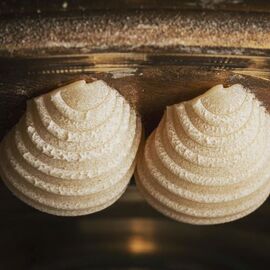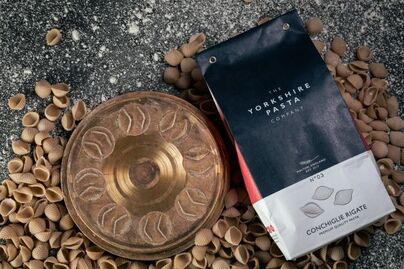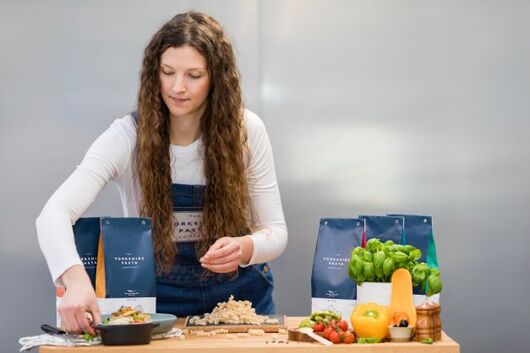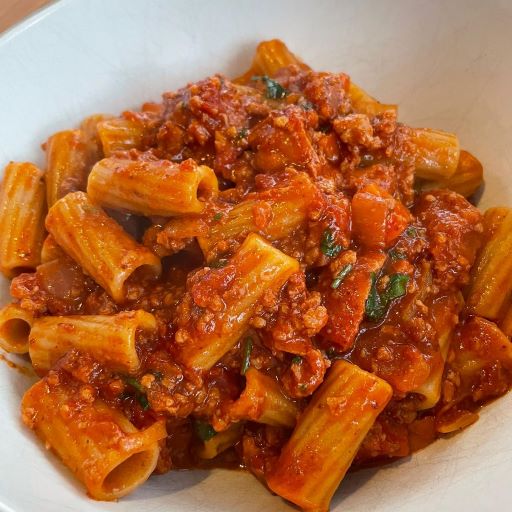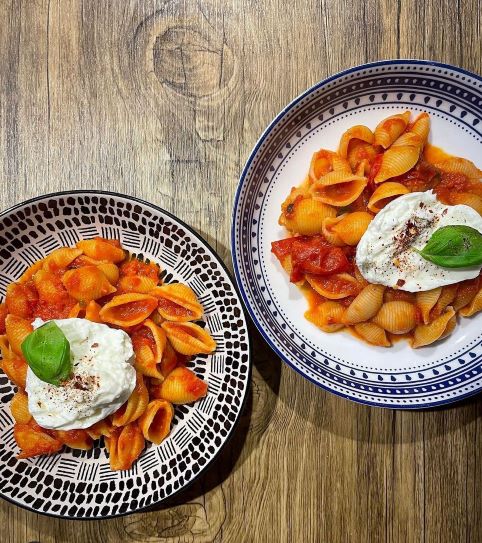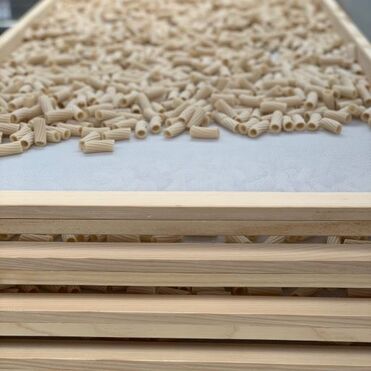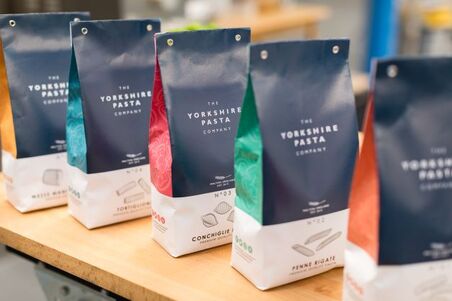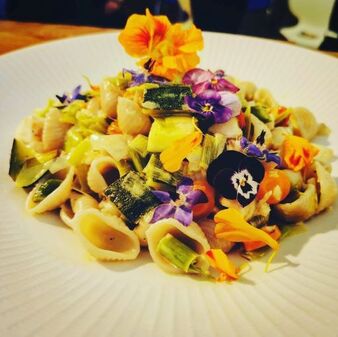Introduce yourself & tell us a little bit about your business
both my sons. We manufacture goat’s milk skin care products, offering a range of
cruelty-free cosmetics particularly helping those with eczema and psoriasis to maintain healthy skin.
Where are you based?
Somerset.
When did it all begin?
suffered a black out whilst on duty, resulting in various hospital tests where my diagnosis showed I had osteoporosis. A consultant advised me to start drinking goat’s milk. At the time, I had no idea of the benefits – particularly of the high levels of
calcium it offers – also vitamin A which is beneficial in skin care routines.
Why did you start making your product and where did your inspiration come from?
discovered the benefits of using goat’s milk in skin care products.
How did you learn your trade?
cold process soap making. From there, I went on to create my own palm-free recipe and started making goat’s milk soap. After numerous hours of experimenting, I
developed the extensive range of goat’s milk skin care products we now sell.
What motivates and drives your creativity?
What is your typical working day like and how do you balance it with family life?
oil and shea butter. We start to remove about 500 soaps from their moulds from
the previous day, place the soaps on curing baskets, where they sit for a minimum
of 4 weeks, before they are ready for sale. Once all soaps are removed, the oils will be ready to pour, and we can begin our soap-making process.
We then heat olive oil and add this to the natural solid oils, blend this with the milk and pour into the moulds.
Are you doing anything to reduce the impact on the environment?
use palm oil. We avoid plastic containers, where possible, and our packaging is eco-friendly. We are registered cruelty-free, and we do not use any commercial machinery as all our manufacturing is by hand.
When your business is your passion what do you do in your spare time or to give yourself a break?
to travel to visit a National Trust location or a coastal visit with dinner out. If I stay at
home, I get drawn into working on the laptop!
Who would you be most excited about getting an order from and why?
What’s been the most fun or challenging part of your business?
sacks of online orders to the post office.
If you had to describe your business in one line, what would it be?
What inspires you to keep making things?
|
|
|
If you would like to be interviewed by us, please contact
theteam@fabulousfarmshops.co.uk

